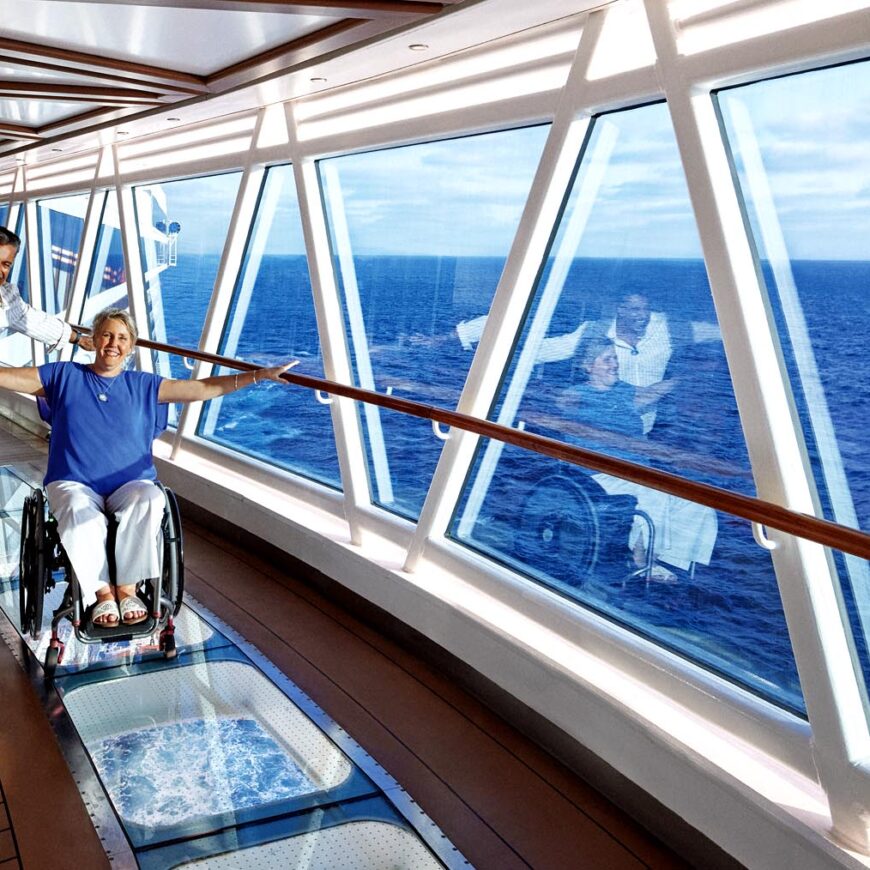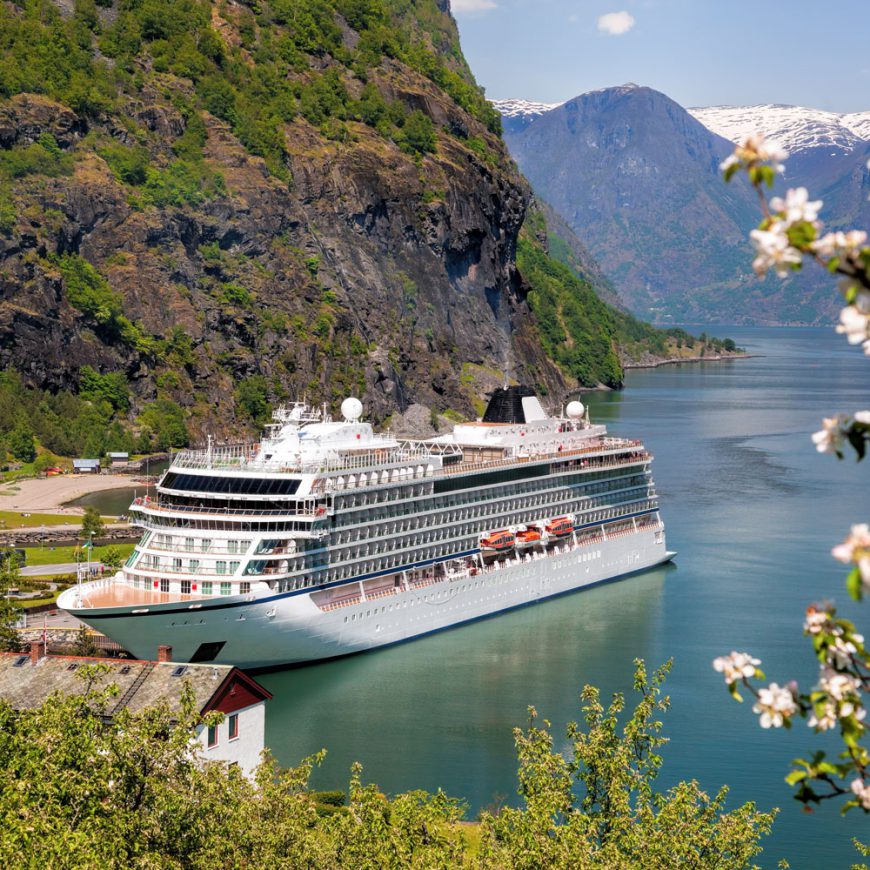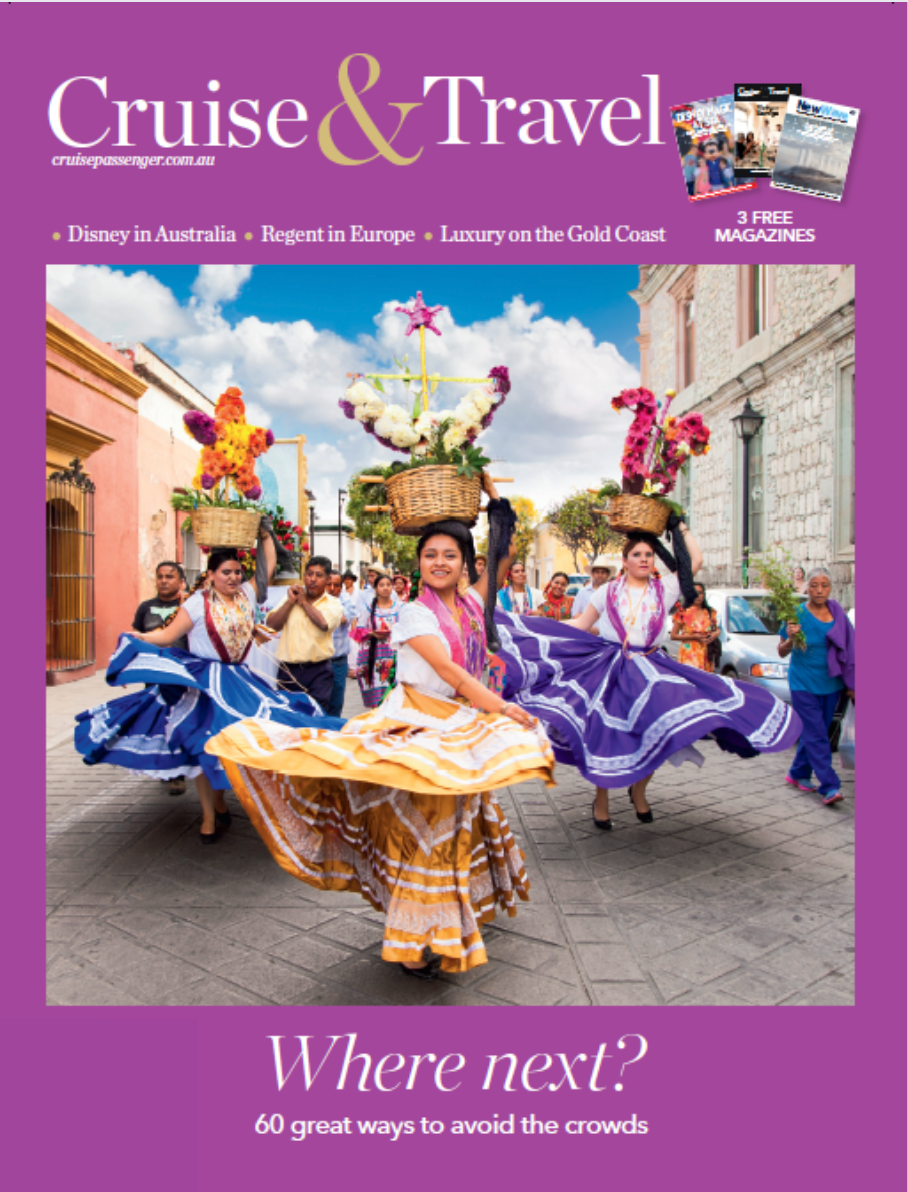If you can’t afford travel insurance, you can’t afford to travel – the costs can be huge should you have a medical emergency, get delayed or lose luggage. Words: John Pond.
When an Icelandic volcano brought European air travel to a virtual standstill in 2010, travellers joining cruise ships missed connections and for many, extra hotel costs and living expenses amounted to thousands of dollars.
Finding suitable travel insurance isn’t always easy. I’m fast reaching the age where normal policies don’t apply. After age 70, it is harder to buy travel insurance: usually, one must stipulate all pre-existing medical conditions and often, they’re not covered. But paying the higher premiums is worth it for the peace of mind.
For example, a trip to a ship’s doctor could cost US$100-$150 plus the full retail cost of any medication. An overnight stay in the ship’s hospital could cost more than US $1,000. Having a heart attack in the US could cost you in excess of US$100,000.
Alternate insurance options are offered by several major banks and credit card companies. Some of these sound attractive but may have pitfalls and could end up costing you more.
Some American Express cards offer free travel insurance if the main airline/cruise ticket is purchased using their card, before departure. The problem is that many travel agents and airlines/shipping companies add a surcharge of up to three per cent if you use the card. This equates to approximately $300 on a $10,000 ticket purchase – more than the cost of taking out separate travel insurance. So insuring yourself may be the cheaper option.
There are so many credit cards offering so-called ‘free insurance’ that one must check thoroughly. It’s worth phoning the bank’s or card’s insurer and double-checking the policy conditions. Recently, when I had an insurance query with my bank, they put me in touch with Chartis, the bank’s international insurer, who solved all my problems.
I wonder if cruise lines will ever include onboard or in-port travel insurance in their ticket prices? I feel that including, say, a $100 fee to insure passengers for the duration of the cruise would be well received by most cruisers and would mean extra profit for the lines.
Do let us know about any travel disasters you’ve had, and whether travel insurance helped by commenting below.
MAJOR CREDIT CARDS/BANKS THAT OFFER TRAVEL INSURANCE PRODUCTS *
* Readers should rely on their own research as rates and cover may change for each product.
American Express (AE):
American Express Platinum card
This card’s cover is provided by two separate underwriters. The most important sections of the travel insurance policy, such as medical and cancellation cover, are underwritten by Lloyd’s; travel and luggage delay by ACE. You must purchase 100 per cent of the air/cruise fare with the card to qualify. Excess for any claim is $100. Cover for pre-existing medical conditions is available but only to the card-holder. No rental vehicle excess cover is included.
Australia New Zealand Banking Corporation (ANZ):
Visa Gold, Visa Platinum cards
ANZ is my personal preference as I feel they have the most to offer for the least cash outlay on the card. ANZ’s Visa, Gold and Platinum cards all have travel insurance options. Often these cards also include Frequent Flyer miles. A minimum of $250 must be spent towards the trip using the card and pre-paid. The annual cost of maintaining an additional card is more than compensated for by being able to use the better insurance option. Excess on any claim is $200. Cover for pre-existing medical conditions is available but only for the card-holder.
Commonwealth Bank of Australia (CBA):
Visa Gold, Mastercard Gold cards
With CBA cards that include travel insurance options, 90 per cent of your air/cruise fare must be purchased with the card. Excess per claim is up to $250. Cover for pre-existing medical conditions is available but only to card-holders under 60. The client must take up all waivers offered by car rental companies.
National Australia Bank (NAB):
Visa Gold, Mastercard Gold cards
With NAB cards, 50 per cent of your total pre-travel expenses must be paid for with the card for you to qualify for free travel insurance. Excess on each claim is $200. No cover for pre-existing medical conditions.
Westpac Bank:
Visa Gold, Mastercard Gold,
Altitude Gold cards
With these cards, 100 per cent of your airfare must be purchased with the card for you to be eligible for free travel insurance.
No cover for one-way trips; three months’ return ticket required. Excess on any claim is $200. Cover for pre-existing medical conditions is available but only to card-holders under 60. The client must take up all waivers offered by car rental companies.
Diner’s Club:
Diner’s Club card
Covers travel inconvenience insurance only; up to $600 on the case of flight delay, missed connections and delayed or lost luggage.














